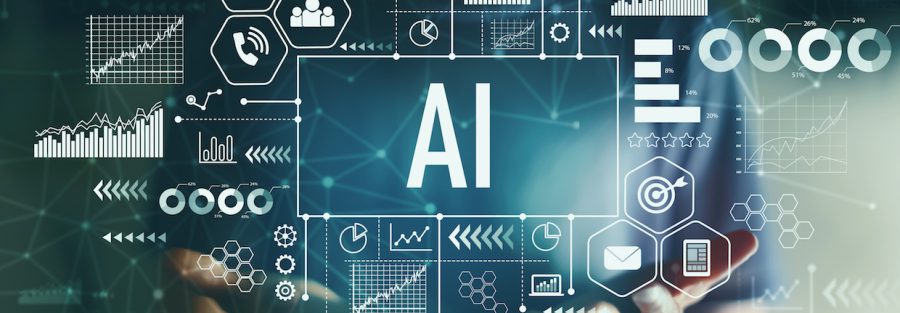Applying Artificial Intelligence (AI) in project procurement can streamline processes, reduce costs, improve decision-making, and enhance overall efficiency.
Here are several ways AI can be applied effectively in project procurement:
Market Analysis and Supplier Selection:
Market Intelligence: AI can analyze vast amounts of data to provide real-time market intelligence. This helps in identifying potential suppliers, evaluating their performance, and comparing prices.
Supplier Scoring: AI algorithms can assign scores to suppliers based on factors such as quality, reliability, and past performance, aiding in supplier selection.
Contract Analysis and Management:
Contract Parsing: AI-powered contract analysis tools can automatically extract key terms, clauses, and obligations from contracts, ensuring compliance and reducing manual review time.
Contract Lifecycle Management (CLM): AI-enhanced CLM systems can automate contract creation, tracking, and renewal, reducing administrative overhead.
Spend Analysis:
Expense Tracking: AI can automate the tracking of project expenses, helping organizations understand their spending patterns and identify cost-saving opportunities.
Anomaly Detection: AI can flag unusual or fraudulent spending activities, reducing the risk of financial irregularities.
Predictive Analytics:
Demand Forecasting: AI algorithms can predict future procurement needs based on historical data, market trends, and project requirements, ensuring timely acquisitions.
Price Prediction: AI can forecast price changes for commodities or services, allowing organizations to make cost-effective procurement decisions.
Supplier Relationship Management (SRM):
Performance Monitoring: AI can continuously monitor supplier performance and provide insights into areas that need improvement, fostering better supplier relationships.
Predictive Maintenance: In industries requiring equipment or machinery, AI can predict maintenance needs for suppliers, reducing downtime.
Automated Sourcing:
RFP Automation: AI can automate the creation and distribution of Requests for Proposals (RFPs) and evaluate responses, expediting the sourcing process.
Reverse Auctions: AI can facilitate reverse auctions where suppliers bid to win contracts, ensuring competitive pricing.
Natural Language Processing (NLP):
Chatbots and Virtual Assistants: AI-driven chatbots and virtual assistants can answer procurement-related queries, assist with requisition processes, and provide guidance to users.
Sentiment Analysis: NLP can analyze supplier communication to gauge their sentiment and identify potential issues or concerns early.
Supply Chain Optimization:
Inventory Management: AI can optimize inventory levels, reducing carrying costs while ensuring materials are available when needed.
Route Optimization: For construction or delivery projects, AI can optimize transportation routes, reducing fuel costs and delivery times.
Risk Assessment and Mitigation:
Supplier Risk Assessment: AI can assess the financial stability of suppliers and identify potential risks to the procurement process.
Supply Chain Disruption Prediction: AI can predict potential disruptions to the supply chain, allowing for proactive risk mitigation strategies.
Data Security and Compliance:
Data Security: By applying AI can enhance data security by identifying and preventing potential breaches or unauthorized access to sensitive procurement information.
Regulatory Compliance: AI can assist in ensuring compliance with industry-specific regulations and internal procurement policies.
Integrating AI into project procurement requires careful planning, data integration, and user training. Organizations should also consider the ethical and privacy implications of AI, particularly in handling sensitive procurement data. When implemented effectively, AI can revolutionize project procurement, making it more efficient, cost-effective, and agile.

